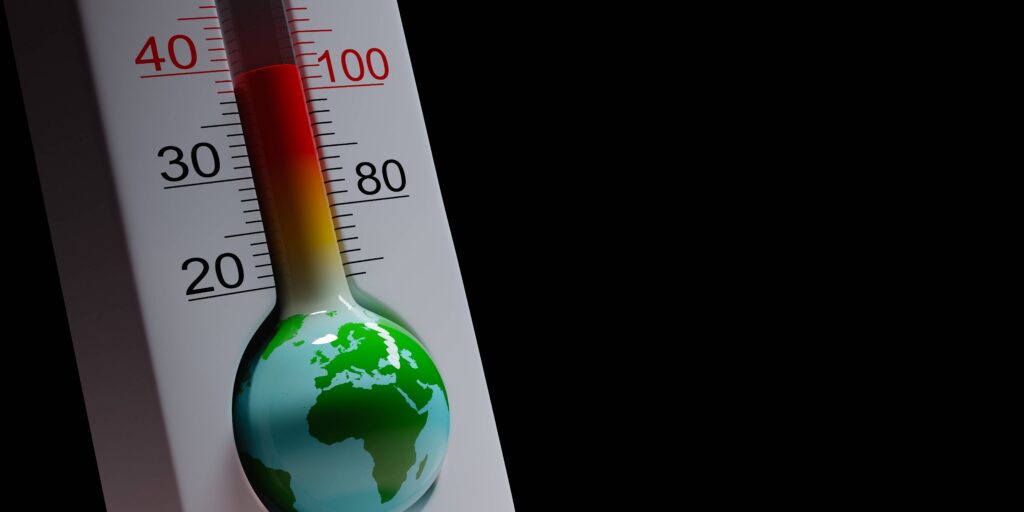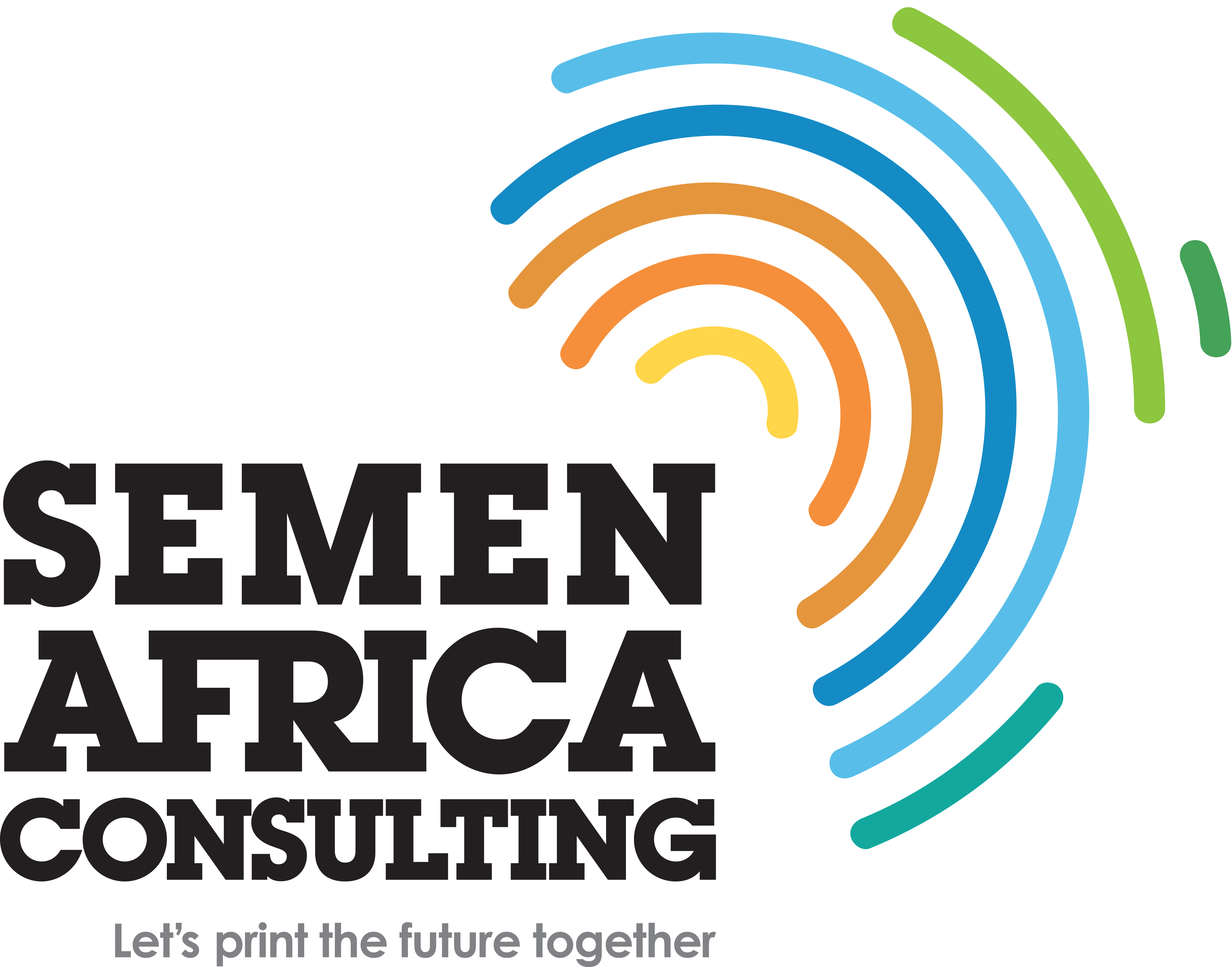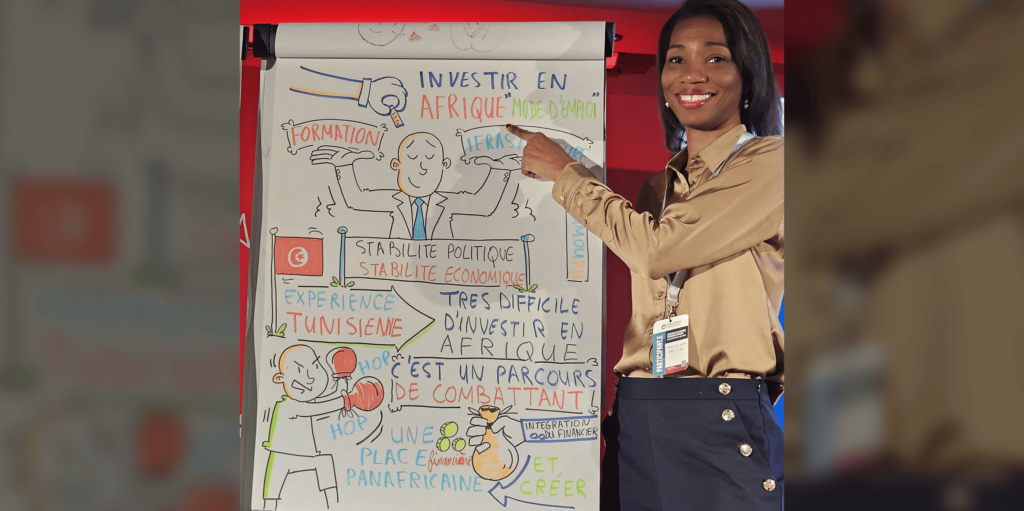In the space of just a few years, healthcare systems in Africa, and sub-Saharan Africa in particular, have undergone major transformations. These changes are characterized by double-digit growth, which is set to continue over the coming decades. The major issues at stake depend on tomorrow’s demographic, health and geopolitical balances. This places Africa at the heart of global changes in food, health and the environment. This dynamic explains the current investment policy. Let’s take a look at these economic prospects, which are stimulating healthcare policy across the African continent.
Health systems in Africa: weaknesses...
For years, major institutions have been pointing out the inadequacies of Africa’s healthcare systems. One of the WHO’s major studies in 2018 summed up this weakness in a few striking figures: the African continent accounted for 25% of the world’s sick, yet only 3% of healthcare workers, 2% of medicines and 1.3% of global financial investment in the health and care economy. Although the figures are improving, there is still a considerable gap to be made up.
In a highly pyramidal healthcare structure, the studies highlighted quantitative and qualitative problems at all levels, from the first (local dispensaries, maternal and child care, etc.) to the last (state-of-the-art university hospital centers). For a long time, this healthcare provision has been characterized by multiple, poorly coordinated players (private, public, associations and NGOs).
In the end, access to essential health services in Africa was estimated at just 48%, with whole areas of health policy, such as prevention and communication, neglected for too long.
While communicable diseases are generally under control elsewhere in the world, sub-Saharan Africa continues to struggle to control them, with the major risk of a “double whammy” in the long term.
...The effects of climate change...
For years, NGOs such as Greenpeace, Friend of the Earth International and Oxfam France, as well as international organizations such as WHO and UNICEF, have been warning of the harmful effects of climate change on health. Today, all specialists recognize the close link between climate change and tomorrow’s health challenges, and the consequences in terms of health policy and medical investment.

The interactions between health, climate and geopolitics are so numerous and complex that we need a global approach:
- Global warming is having a direct impact through increasing heat waves, weakening the health of the populations most at risk (the elderly, newborn babies, the chronically ill, etc.);
- It also favors the development of extreme weather conditions (cyclones, floods, etc.) which are conducive to the development of numerous epidemics, such as cholera;
- Climate inaction is responsible for a transformation of biotopes, with the risk of insects settling in new regions, becoming endemic vectors for infectious diseases previously considered “tropical”: pathologies such as malaria, dengue fever or chikungunya could thus spread, for example, over a large part of the European continent;
- Rising temperatures are also modifying local ecosystems, which may encourage the emergence of new zoonoses;
- Finally, global warming will be responsible for an increase in population migrations on a worldwide scale, de facto favoring the circulation of diseases.
According to the WHO, climate change is already responsible for 150,000 deaths a year, and this excess mortality is set to double by 2030. Entire regions such as sub-Saharan Africa would be among the hardest hit. This is why the first day dedicated to health at COP 28 represents a real hope.
...But also assets that promise economic opportunities
It would be a mistake to take a pessimistic view of the health economy in Africa, for there is now a growing awareness among all political, health and economic players, whether public or private, local or international, with optimistic prospects for the population.

In the recent past, the Covid19 crisis showed that Africa can also demonstrate resilience in the face of major health challenges. Not only was the health catastrophe averted, but in just 2 years, the African continent was able to bounce back and set up two messenger RNA vaccine production plants, one in South Africa, the other in Rwanda. Technology transfer, coupled with massive investment, has made this health, industrial and technological success possible. In the past, Africa had already proved its resilience, successfully controlling major epidemics such as Chikungunya in East Africa and the Ebola virus in West and Central Africa. This resistance to epidemics is all the more effective when a country has already been hit by a first wave, proving the effectiveness of feedback and investments made.
Since 2015, world leaders represented at the UN have committed to sustainable development goals, targeting 90% coverage of access to essential healthcare services by 2030. The Covid19 pandemic has served as a catalyst to multiply investments, like the WHO-coordinated investment platform to strengthen primary healthcare services. Its goal is highly ambitious, ideally to raise an additional $371 billion per year.
These historic public investments in Africa’s healthcare economy create a favorable ecosystem, galvanizing NGOs, major donors and private investors. The rapid growth of the healthcare system is coupled with an ethical approach, with concrete results in the short and medium term, making it possible to reconcile high profitability with a genuine social and responsible approach. Just one figure illustrates the potential: until now, 1% of vaccines administered in Africa were produced locally; by 2040, this figure could rise to 60%, for a rapidly growing population.
COP 28 health decisions
At the climate health meeting on December 3, 2023, 120 countries, represented by their health ministers or delegations, approved a joint political declaration. This is a major first, which should have significant repercussions for the health economy in Africa, enabling an even more ambitious investment policy in the medical field.
Of the four main objectives identified by world leaders, two seem to be of the highest priority for sub-Saharan Africa:
- Strengthen health monitoring and information systems, to embark on a demanding health policy of prevention and adaptation to climate change;
- Reduce health and food inequalities, in particular through universal health coverage, guaranteeing real social protection for all.
Of course, this presupposes that these political declarations are accompanied by additional investment in the African health economy. For, as the WHO points out, only 0.5% of global funding allocated to climate action is currently directed towards the health sector. This First Health Day of COP 28 has therefore served as a reminder of the importance of the medical economy, as these countries are aware that an effective health policy requires sufficient financial resources to tackle the root causes of problems.
These economic opportunities for investment in the African or sub-Saharan healthcare system require a thorough understanding of the market’s specific features, and the role of the various players (public authorities, NGOs, associations, private investors, etc.). SEMEN AFRICA CONSULTING identifies and analyzes opportunities from both a health and an economic perspective. The aim is to act as a link between the various players involved in the health economy in sub-Saharan Africa, with a community-based, global and pragmatic approach. Reconciling profitability and ethics in the service of populations: a magnificent challenge for the new year ahead.
TO FIND OUT MORE :
- Africa’s healthcare systems put to the test
- Africa Health Investment Summit: concept note
- The resilience of health systems: the challenges of COVID-19 in sub-Saharan Africa
- Working for stronger health systems as Africa fights COVID-19



